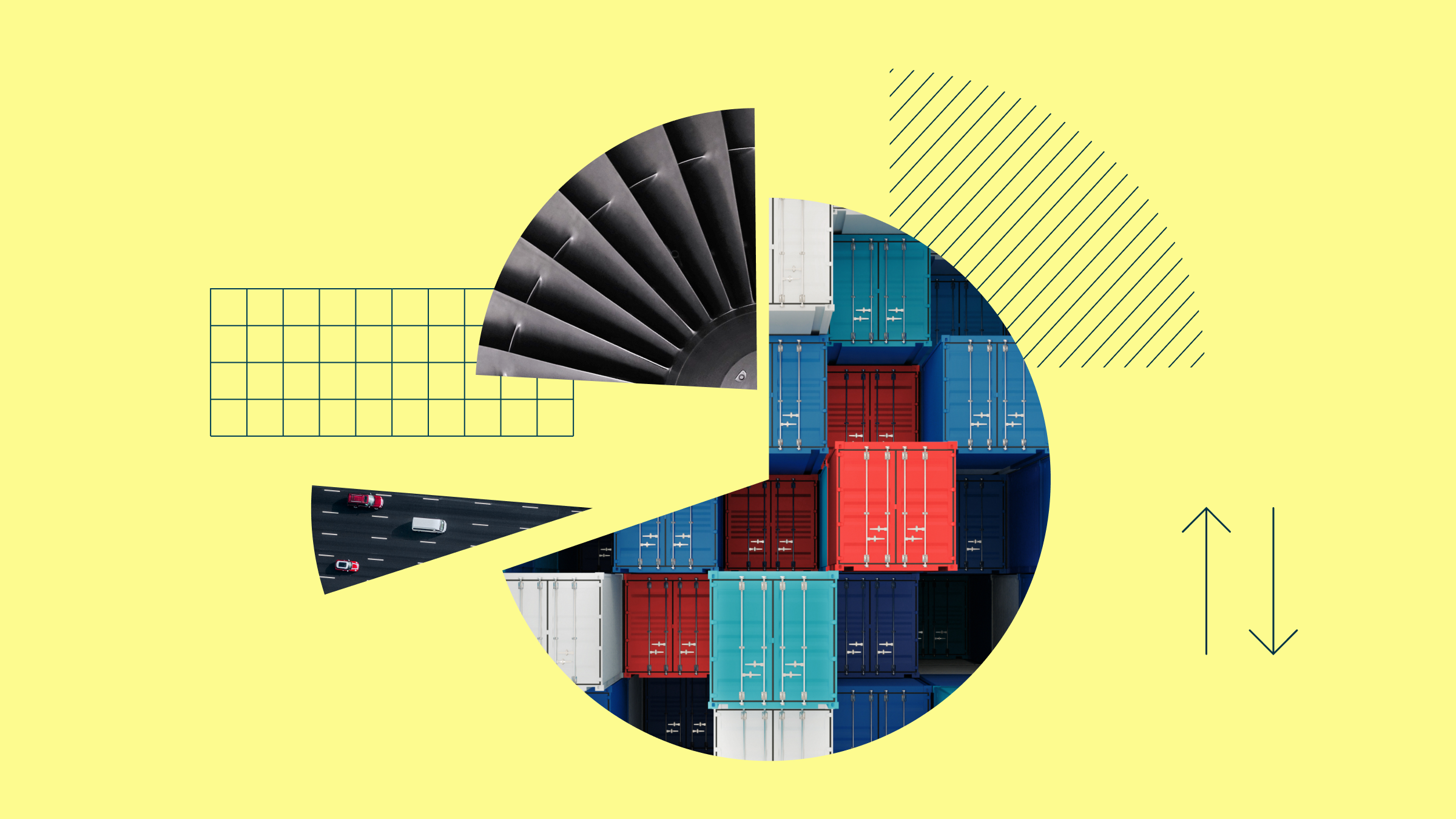
We’ve all heard grim stories about high-net-worth individuals, including many high-profile celebrities, dying without a will, leaving behind a legacy of drawn-out court battles fought by families over the assets of the deceased. But it doesn’t need to be that way.
Having a clear plan around your assets could save your family a great deal of pain when untoward events happen. And you don’t have to be a celebrity to consider making an exhaustive inventory of your assets and drawing up a will or an estate plan detailing how your wealth will be distributed upon your passing.
There are many reasons, other than death, why wills are important. A well-thought-out and well-drafted will is the cornerstone of an estate plan.
“A will is the greatest gift of love you can give your family because not only is a will an important tool in the tax-efficient transfer of your assets, it also allows you to deal with the distribution of sentimental assets, your digital estate, name a guardian for any minor children you may leave behind, and provide specialized planning for beneficiaries with special needs,” argues Keith Masterman, vice-president, tax, retirement, and estate planning at CI Global Asset Management Inc., in Toronto
When a Will is Necessary
Some will argue a will should only be created if there is anything of monetary value to be distributed, but “frankly, anyone of the age of majority and/or with legal capacity should create a will,” says Marie DeLauretis, a Calgary-based certified financial planner.
It’s not always about what and how much we leave behind, but how we leave it behind that matters most, she contends.
Creating a will is a must if:
- You are married or in an adult-interdependent relationship (including same-sex couples), with children under the age of majority (to name appropriate guardians for your children).
- If you are in a blended family situation, where a division of wealth becomes more complex.
- There’s an issue of declining health.
- If your marital status changed for reasons of marriage, cohabitation, or divorce.
“To think that just because you are legally married, everything automatically goes to the spouse is not necessarily justified, nor does a divorce means nothing will go to ‘the ex’,” warns DeLauretis.
Estate planning laws, she adds, are provincially governed and therefore, there are different consequences for each province if dying intestate (without a will).
No matter your age, financial circumstances, or the manner in which you hold assets, “a will is still necessary to ensure an orderly transition of your affairs to the next generation,” says Masterman.
The Best Opportunity to Plan
“For those with children or dependents – minors or with special needs – a Will enables you to expressly name the guardians and determine the future needs (monetary or non-monetary) of these individuals,” DeLauretis says, adding even pets could be included in a Will as beneficiaries.
When you have dependents, such as a child, a partner or spouse or an elderly parent who rely on you, “your will is the best planning opportunity to ensure your assets are left in the best possible manner to provide them the support and comfort they will need,” asserts Masterman.
As well, assets with either a sentimental attachment to those you will leave behind or assets with a significant material value require advanced tax planning to transfer, he notes.
How Often Should Wills be Updated?
Wills need to be reviewed and updated to reflect the person's current situation and last wishes. An updated will should incorporate any changes brought about by major life events, including issues concerning health and relationships.
Some of the key events DeLauretis points out include divorce, separation, having children, death of a loved one, death of a beneficiary, death of an executor or guardian of minors, windfall of sudden wealth, changes in the charitable institution named in your will.
There are some other circumstances where a will must be reviewed such as relocation to a jurisdiction with different laws. “In some provinces, your common-law spouse will not be recognized as a beneficiary should you die without a will,” cautions Masterman.
If you have a new dependant since your will was signed, it may be another reason to take a fresh look at your will and make sure it reflects the new reality.
A will update may be triggered by “the discovery that one of your current family members has a special need or an elderly parent for whom you are providing care,” Masterman says.
The death of a beneficiary also warrants a will review: Do you wish to leave that beneficiary’s share to someone else or distribute it amongst other beneficiaries? Does your Will still provide the distribution you envision? Those are some of the questions Masterman says must be addressed by the will holder.
Here's a handy estate planning checklist created by Morningstar’s Christine Benz.
Key Risks Around Wills
There are several common mistakes associated with a will. “The number one risk is failing to have a will or having an outdated one,” says Masterman, citing a study that shows 51% of adult Canadians do not have a will and 25% of Canadians with a will feel their document is out of date.
“Not creating a will because it is costly is a huge error in foresight,” says DeLauretis, who warns “do not underestimate the cost of legal fees in the absence of a valid will or a contested will.”
Another common error is to sign a will without conferring with the right advisors, including a lawyer, your financial advisor and in some circumstances your accountant. “All three will have valuable suggestions respecting tax efficiencies and planning opportunities,” Masterman notes.
Another common error is failing to include the proper administrative clauses to allow your executor to deal with your estate in a time and tax-efficient manner.
Failing to consider the ramifications of a beneficiary dying before you, and failing to deal with all your assets, including those with a sentimental value, could also have painful consequences that meticulous planning could mitigate.




















